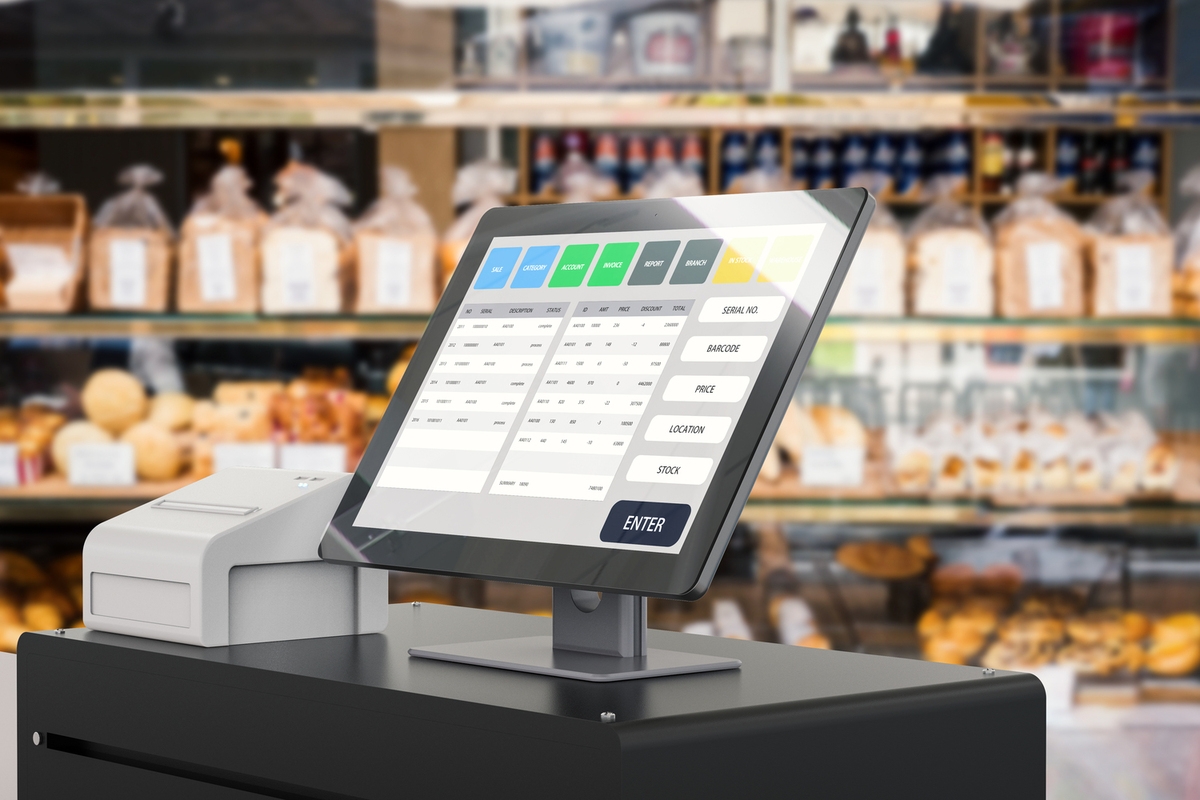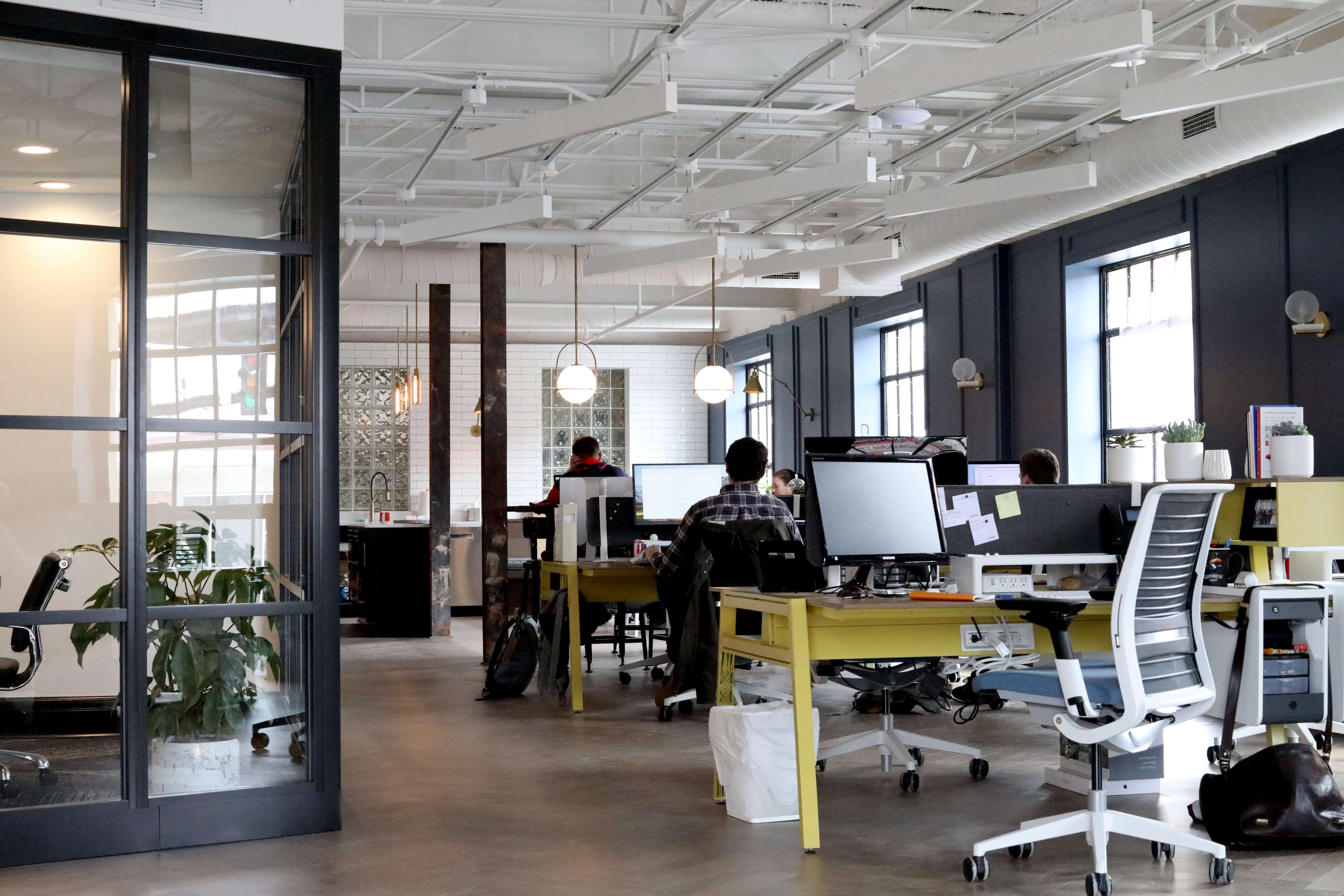The Ultimate Guide to Retail POS Systems
Explore the essential aspects of retail POS systems in this comprehensive guide. Learn about their key features, advantages, and how to select the best system for your retail business. Improve efficiency, customer experience, and profitability with the right POS solution tailored to your needs.

The Ultimate Guide to Retail POS Systems
Modern retail depends heavily on Point of Sale (POS) systems that streamline transactions, oversee inventory, and enhance customer engagement. Choosing the right POS solution can transform your retail operations, making processes more efficient, improving customer satisfaction, and increasing profits. This guide explores key features, advantages, and criteria for selecting the ideal retail POS system tailored to your business needs.
What Is a Retail POS System?
A retail POS system integrates hardware and software to handle sales, manage stock, and support various operational tasks within a retail setting.
The hardware typically comprises barcode scanners, receipt printers, and payment terminals, while the software provides sales processing, inventory oversight, CRM functions, and business reporting.
Main Features of Retail POS Systems
1. Transaction Processing
At its core, a POS must handle sales seamlessly, including barcode scanning, discounts, tax calculations, diverse payment options, and receipt printing. Modern systems often support mobile device integration for faster checkout.
2. Inventory Oversight
A strong POS system offers real-time inventory tracking, order generation, and stock alerts to prevent shortages or surpluses. Automated reports help manage stock effectively.
3. Customer Data Management (CRM)
Effective POS solutions store customer details, track purchase history, and support targeted marketing efforts. This personalized approach boosts customer loyalty and satisfaction.
4. Business Insights and Reports
Access to detailed analytics enables businesses to review sales performance, profit margins, inventory movement, and staff productivity. These insights assist in strategic planning.
5. Staff Management Tools
Some POS systems include features for managing employee schedules, tracking hours, and evaluating sales per employee, helping optimize labor costs.
6. Compatibility and Integration
An ideal POS integrates smoothly with accounting software, e-commerce platforms, and marketing tools, creating a unified operational flow and reducing manual work.
Advantages of Using a Retail POS System
1. Increased Efficiency
Automation of sales, inventory, and reporting tasks minimizes errors and speeds up operations, allowing staff to focus on customer service.
2. Better Customer Experience
Fast checkout, multiple payment options, and personalized service foster loyalty and repeat business.
3. Reliable Data and Insights
Real-time analytics support smarter decision-making, better inventory management, and growth strategies.
4. Smoother Operations
Integration across business functions reduces complexity and operational costs, leading to more efficient management.
Choosing the Right POS System
To maximize benefits, consider these factors:
1. Business Requirements
Match the system complexity to your business size and needs. Small shops may opt for simpler solutions, while larger enterprises need advanced features and scalability.
2. User-Friendly Design
Select an intuitive interface that staff can learn quickly, reducing training time and errors.
3. Growth Potential
Ensure your investment can expand with your business—more transactions, inventory, and locations.
4. Support and Service
Reliable vendor support is critical—look for responsive customer service via phone, email, or chat.
5. Budget Considerations
Assess total costs, including hardware, software, setup, and ongoing maintenance, balancing affordability with features.
6. Security Measures
Verify system security with compliance to PCI DSS standards, data encryption, and regular updates to safeguard transactions and customer info.
Retail POS systems are revolutionizing the retail landscape, offering an all-in-one solution to enhance sales, manage inventory, and strengthen customer relations. By understanding their key features and benefits, retailers can make informed choices to improve efficiency, elevate customer service, and achieve sustainable growth. Investing in a dependable POS is a strategic step toward operational excellence and increased profitability.










